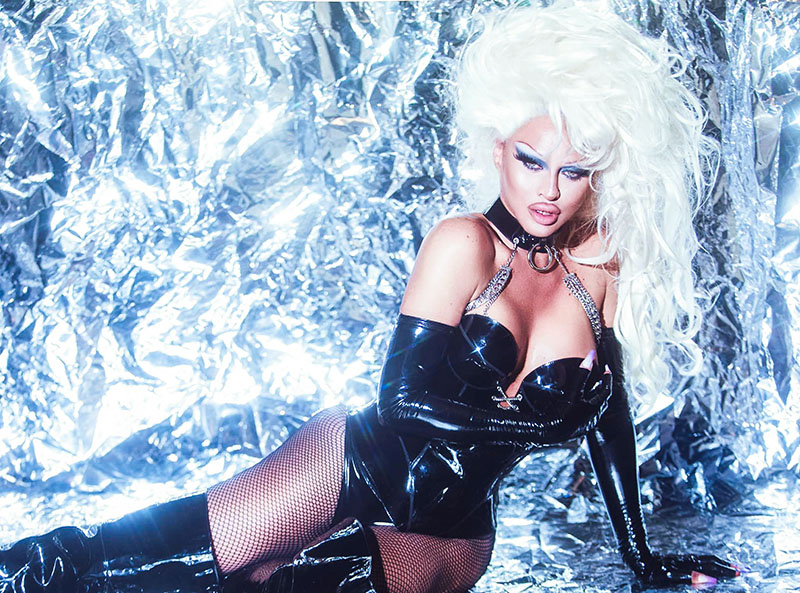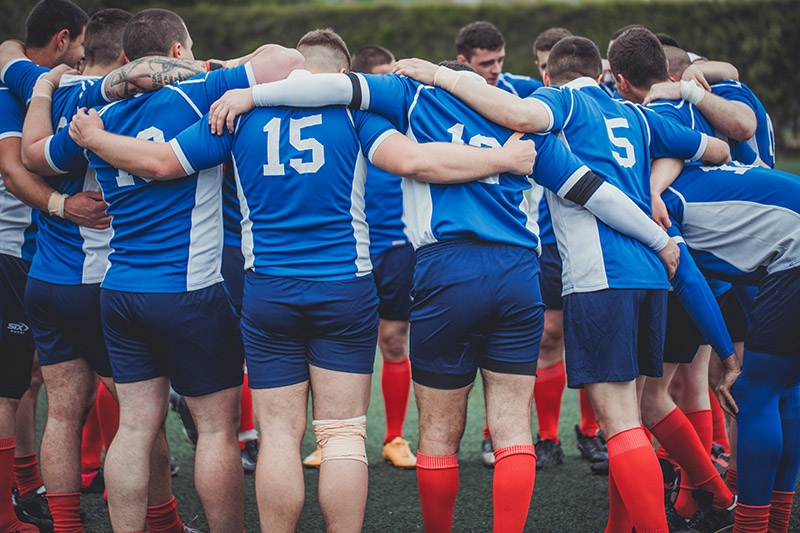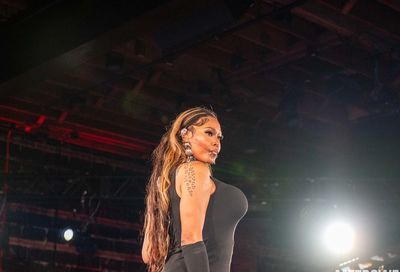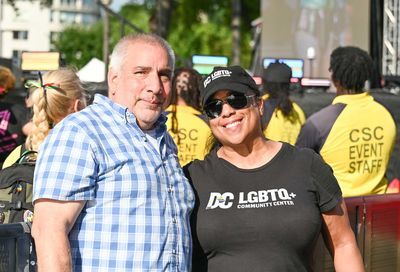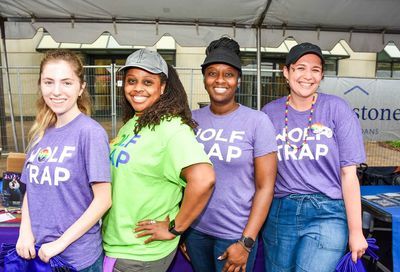Sporting Chances
The flurry of news about gays and pro sports may be a sign that things are finally changing for the better
Back in the days when Billie Jean King and Martina Navratilova were making news as professional tennis players who were lesbian, I was still a young player on the high school tennis team enjoying the only real sport where I’d shown some level of athletic aptitude. Not an amazing level of aptitude, mind you, but enough to earn myself a letter jacket and a senior-year spot as team captain.
This was important for a backwoods kid whose already meager Little League baseball skills fizzled post-puberty, whose clumsiness with a basketball couldn’t even win a game of H-O-R-S-E, and whose aversion to hard tackles and broken bones made the football field a nonstarter. My reputation through youth was as one of the smart kids, a bookworm more interested in reading science-fiction novels than watching the college basketball that dominated in Kentucky.
I started playing tennis very young, using an old wooden racquet to hit balls off the side of my grandparents’ garage for hours on end. Tennis is a perfect sport for those of us who never quite fit in with the team mindset. Playing tennis gave me an outlet and opportunity to be known among my classmates as good at a sport. And even on a tennis ”team” you’re still a collection of individuals playing their own separate matches, figuring out the puzzles and problems of competition on your own.
Tennis really was (and is) the perfect sport for me.
Women athletes coming out of the closet in those days was a fairly momentous thing, and while it wasn’t something I ever discussed with friends — I was terrified that the homophobic jokes I heard about King and Navratilova would be turned on me — it was something that gave me a little spark of hope about my own future.
I’ve always been primed to believe that the first major gay male professional athlete to come out while still playing as a pro would come from the world of tennis. It makes sense: Tennis is an individual sport where your success on court isn’t determined by your relationships with other players. The locker room scenarios that always come up in discussions of gay players in baseball, football or basketball simply don’t exist in the same way in tennis.
But it hasn’t played out that way. While women still come out while playing professionally — though not as many as you would expect — the men have stayed in the closet, at least publicly. It’s just as surprising given that so many of the top players, from Roger Federer to Andy Roddick to Rafael Nadal, seem the very model of modern straight athletes who would probably be vocally supportive.
Yet the flood of gays-in-sports stories over the past week have all come from the world of big league American sports teams, from an NBA executive coming out of the closet to a hockey player campaigning for marriage equality to Charles Barkley laying down some straight talk about the existence of gay players in pro sports. After years of watching pro athletes avoid the question or, worse, make homophobic comments (such as those in the wake of former NBA player John Amaechi’s coming out), it’s starting to look like things may actually be changing.
That may be a jump of the gun in terms of a male pro athlete coming out, but certainly the groundwork is being laid by players, owners and fans. Events like Team D.C.’s Night out at the Nationals next month, which brings masses of LGBT fans out to the ballgame, are really part of the building blocks that will help those future players take the final step out.
Someday, we’ll all look back and wonder what the big deal was. For now, we’ll continue to offer our cheers for those athletes who are paving the way for the future.
Support Metro Weekly’s Journalism
These are challenging times for news organizations. And yet it’s crucial we stay active and provide vital resources and information to both our local readers and the world. So won’t you please take a moment and consider supporting Metro Weekly with a membership? For as little as $5 a month, you can help ensure Metro Weekly magazine and MetroWeekly.com remain free, viable resources as we provide the best, most diverse, culturally-resonant LGBTQ coverage in both the D.C. region and around the world. Memberships come with exclusive perks and discounts, your own personal digital delivery of each week’s magazine (and an archive), access to our Member's Lounge when it launches this fall, and exclusive members-only items like Metro Weekly Membership Mugs and Tote Bags! Check out all our membership levels here and please join us today!








